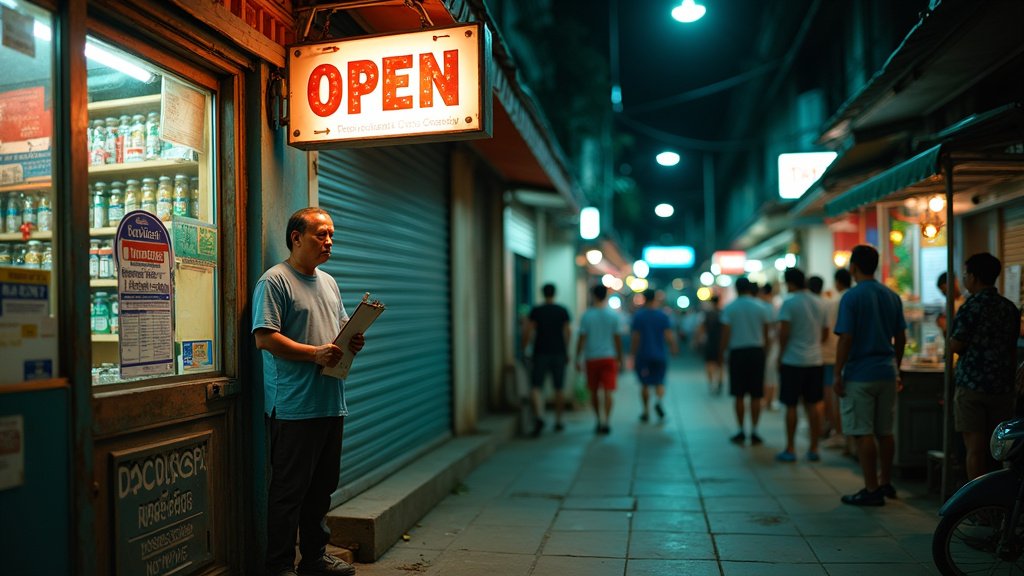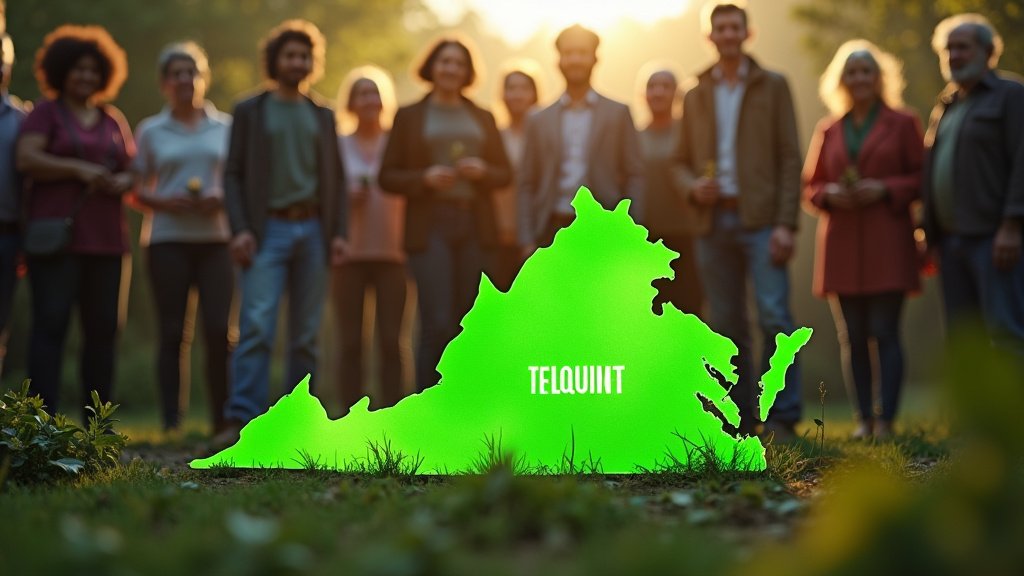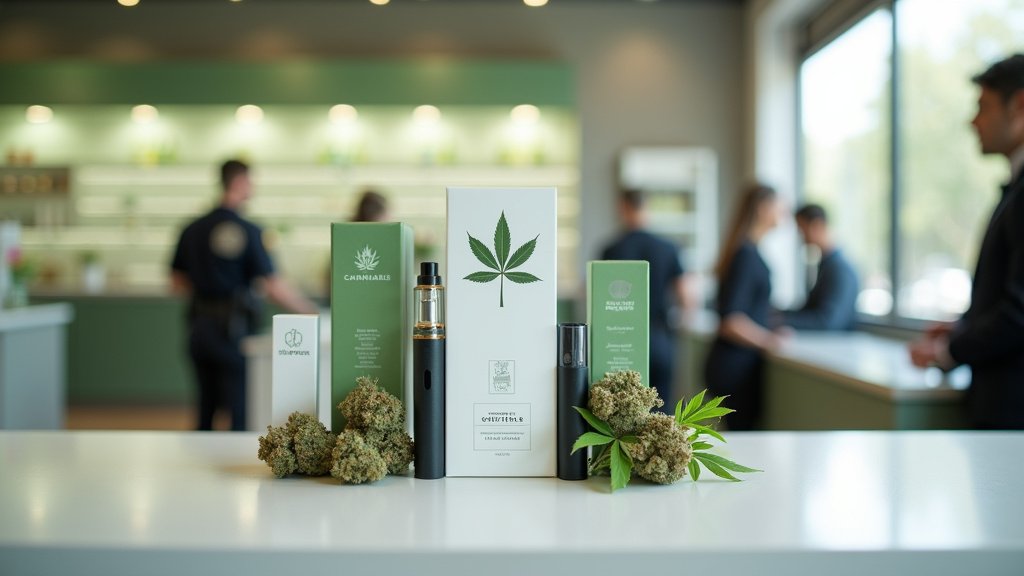BANGKOK – Thailand’s ambitious experiment with liberalized cannabis has taken a sharp turn, with new regulations requiring doctor’s prescriptions for purchases effectively shutting down much of the recreational market. This policy reversal, implemented through an announcement in the Royal Gazette on June 25, 2025, has sent shockwaves through the industry, causing significant business downturns and deepening societal divisions.
From Green Rush to Regulatory Grip
Thailand made headlines in June 2022 by becoming the first country in Asia to decriminalize cannabis, a move that quickly spawned thousands of dispensaries and projected a burgeoning industry worth an estimated $1.2 billion by 2025. Initially touted as a boost for tourism and the economy, the liberalization, spearheaded by the Bhumjaithai Party, led to a “green rush,” with cannabis readily available for recreational use. However, this rapid expansion also fueled public concerns about accessibility to minors, increased drug abuse, and general nuisance, prompting calls for stricter controls.
The shift in policy is largely attributed to a political recalibration and growing public sentiment against unfettered recreational use. Prime Minister Srettha Thavisin had previously voiced opposition to recreational consumption, advocating for a return to medical-only access. Public opinion surveys also indicated a majority favoring reclassification of cannabis as a narcotic to prohibit recreational use. The exit of the Bhumjaithai Party from the ruling coalition further paved the way for a policy reversal, with the Ministry of Public Health moving to impose tighter regulations.
The Prescription Mandate and Business Fallout
The core of the new regulations requires customers to present a doctor’s prescription to purchase cannabis, classifying cannabis buds as a controlled herb. Valid reasons for prescriptions include conditions such as headaches, nausea, epilepsy, and cancer-related pain, with patient details needing to be meticulously recorded. Sales are now restricted to licensed outlets, often requiring on-site medical professionals and adherence to strict sourcing protocols from certified farms. Advertising and sales near sensitive locations like temples and public parks are also prohibited.
For the estimated 18,000 licensed cannabis stores, the impact has been devastating. Many businesses report sales plunging by up to 90%, forcing customers to seek supplies through underground channels. Retailers cite confusion over the new rules, the high cost of hiring medical staff, and the potential for stricter enforcement as major sources of anxiety. Some predict that only a fraction of the existing businesses will be able to comply and survive, raising fears of widespread closures and pushing a significant portion of the industry back into the shadows.
A Divided Society: Anxiety and Relief
Thailand’s cannabis policy reversal has created a stark divide. Business owners and many in the cannabis advocacy community express anxiety, arguing that the abrupt changes are politically motivated, impractical, and will stifle a legitimate industry. They fear the new rules will kill small businesses and deter foreign investment, potentially creating a larger black market. “This change doesn’t mean cannabis is banned, but it does mean consumers must be more informed,” stated one retailer, highlighting the shift towards education but also the increased hurdles.
Conversely, proponents of the stricter regulations, including public health officials and a segment of the population, view the changes as a necessary step to curb social ills and reclaim control. They argue that the previous liberalization fostered an environment ripe for misuse and that prioritizing medical use aligns with the original intent. Public health minister Somsak Thepsuthin emphasized the need to protect young people and prevent nuisance, stating, “We are not shutting down cannabis shops, but we are prioritising medical regulation.”
Uncertain Future for Thailand’s Cannabis Lifestyle
The future of Thailand’s cannabis sector remains highly uncertain. While the government aims to regulate the market more strictly, concerns persist about the potential for continued policy shifts influenced by political dynamics. The industry is now in a critical transitional phase, with businesses scrambling to adapt to a drastically altered regulatory landscape. Whether a stable middle ground can be found that balances public health with economic interests, or if the country will revert to a more prohibitive stance, is a key question shaping the evolving cannabis lifestyle and news narrative in Thailand.






